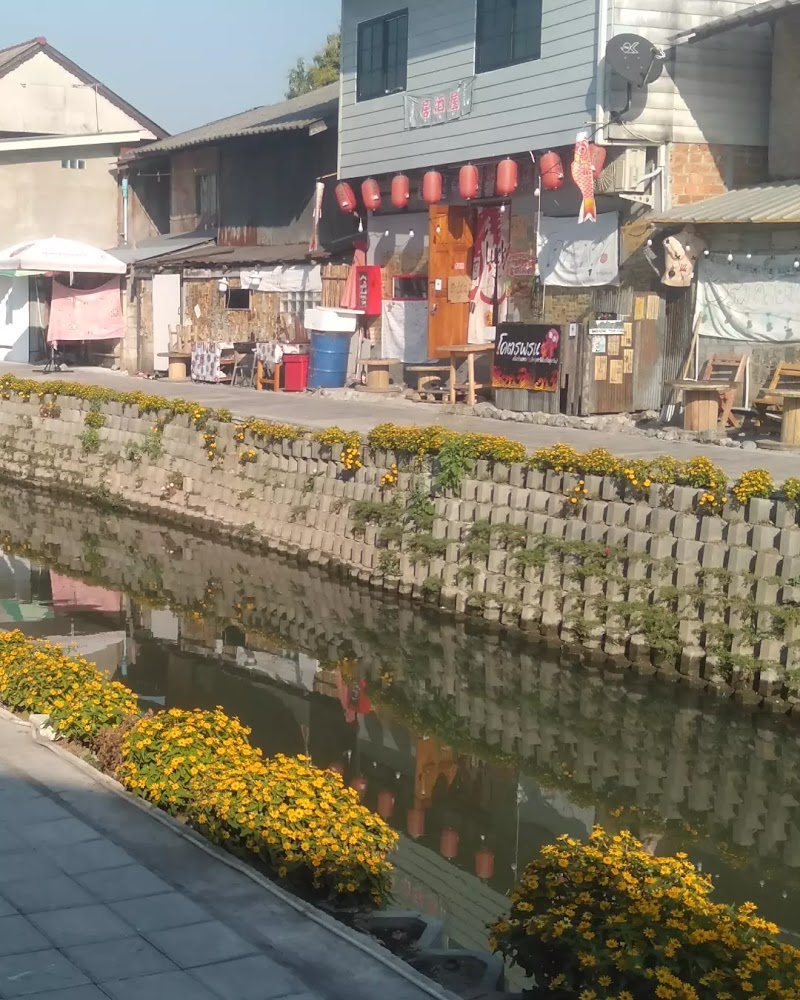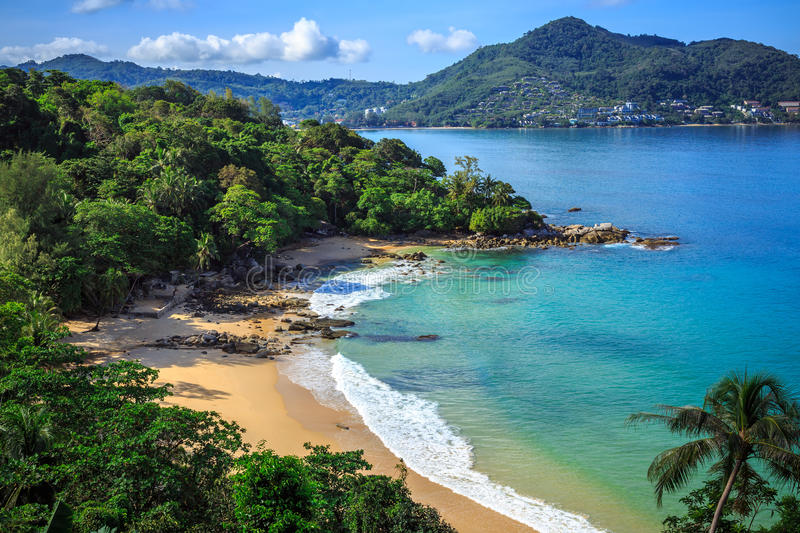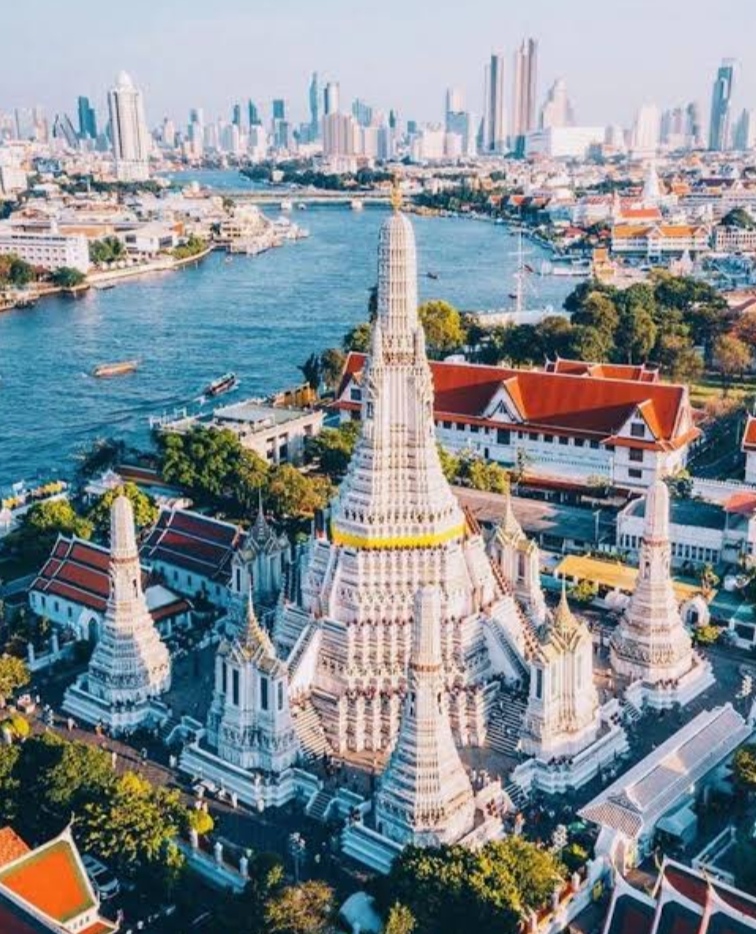Thailand, renowned as the Land of Smiles, annually welcomes over 39 million visitors. This Southeast Asian gem boasts stunning temples, lively markets, and pristine beaches. Encompassing dynamic culture and natural wonders, Thailand presents a captivating blend of ancient traditions and modern cityscapes.
To plan your adventure, a comprehensive tourist map is crucial. Consider this map as your guidebook, unlocking Thailand's hidden treasures and directing you through this bewitching land. With it, your journey evolves from a mere vacation into a quest, where the ultimate prize is an unforgettable experience.
What to See and Do in Thailand
Whether you desire a spiritual retreat or adrenaline-pumping adventures, Thailand delivers a plethora of unique experiences. As you traverse its diverse landscapes, you will witness a fascinating interplay of ancient and modern, rural and urban, solitude and vibrancy. Let's delve deeper into the distinctive attractions that truly embody Thailand.
Experience the Spiritual Side of Thailand
The Sacred Wat Phra That Doi Suthep in Chiang Mai
Perched atop Doi Suthep Mountain, Wat Phra That Doi Suthep, a sacred temple, provides not only spiritual fulfillment but also enthralling views of Chiang Mai city. Its golden spire stands out amidst the green mountain terrain, attracting believers and tourists alike. The temple's intricate Lanna architecture epitomizes Thailand's rich cultural heritage.
Monk's Alms Giving Ceremony in Luang Prabang
Participating in the traditional alms giving ceremony is among the most humbling experiences in Thailand. Every dawn, hundreds of saffron-robed monks traverse the streets of Luang Prabang, receiving alms from locals and tourists alike. This age-old Buddhist tradition underscores the deep spirituality ingrained in Thai society.
Adventurous Escapades in Thailand
Rock Climbing in Railay
Railay, a petite peninsula in Krabi, is a haven for rock climbers, with its towering limestone cliffs juxtaposed against the turquoise Andaman Sea. Regardless of your climbing skills, Railay guarantees an exhilarating experience. And the reward after an exhausting climb? Jaw-dropping panoramic views that are worth every bit of your effort.
Snorkeling in the Similan Islands
For underwater adventurers, snorkeling in the Similan Islands is incomparable. This archipelago in the Andaman Sea is home to vibrant coral reefs bustling with a diverse marine life. As you explore the crystalline waters, you'll encounter a mesmerizing underwater world.
Feast on Authentic Thai Cuisine
Street Food in Bangkok
Thailand's culinary scene is a taste explosion best savored through its street food. In Bangkok, food stalls dot the streets, offering everything from the fiery Tom Yum soup to the delectable Mango Sticky Rice. Each dish is a testament to Thailand's rich culinary legacy and an absolute must-try for food lovers.
Cooking Classes in Chiang Mai
If you are a food enthusiast longing to take a piece of Thailand home, consider enrolling in a Thai cooking class. Chiang Mai, with its access to fresh local produce and a variety of cooking schools, is the perfect place to learn traditional Thai recipes. Not only will you learn to cook Thai dishes, but you'll also gain insights into Thai culture and traditions.

Booking.com
Practical Information for Your Thailand Adventure
Transportation and Mobility
Getting around in Thailand is an experience in itself, offering a myriad of options catering to all types of travelers. For long distances, domestic flights are a quick and affordable option, often ranging from 1,000 to 3,000 THB. Most major cities have airports, facilitating easy regional hopping. For a more scenic journey, opt for the extensive railway network. The overnight sleeper trains, particularly the Bangkok to Chiang Mai route, deliver not only budget-friendly travel but also an unforgettable journey through lush landscapes.
In cities, taxis, tuk-tuks, and motorcycle taxis ferry you for short distances. Always negotiate the fare beforehand to avoid disputes. For a local flavor, try the songthaews, shared taxi truck services operating on fixed routes for about 20-40 THB per ride.
Schedules and Prices
Thailand operates on GMT +7. Most businesses, markets, and attractions typically open from 8:00 AM to 5:00 PM. However, it's sensible to check the official websites for accurate timings. Night markets usually start buzzing around 6:00 PM and wind up around midnight.
Entry fees for many historical and cultural attractions vary from 50 to 500 THB. Note that Wat Phra Kaew and the Grand Palace share a combined ticket for 500 THB. National parks usually charge an entry fee of around 200 to 400 THB for foreign visitors.
Safety Tips
Thailand is generally a safe country for travelers. However, like any destination, caution is necessary. Stay alert to common scams, such as tuk-tuk drivers offering tours at ridiculously low prices, only to lead you to overpriced shops. Always keep an eye on your belongings, especially in crowded areas like markets and train stations.
Respect local customs and laws, dress modestly when visiting temples, and avoid touching anyone's head, regarded as sacred. If you're visiting during the rainy season, prepare for sudden showers and potential flooding in certain areas.
Practical Recommendations
Being a tropical country, Thailand calls for lightweight, breathable clothing. However, remember to pack a light shawl or cover-up for temple visits, where modest attire is required. Sunscreen and insect repellent are also must-haves. English is widely spoken in tourist areas, but knowing a few basic Thai phrases can prove helpful.
The best time to visit Thailand largely depends on the region: November to February is ideal for the north and central regions, while the southern coasts are best from November to March. Remember, the Thai New Year, Songkran, in April, is a colorful, water-soaked celebration, but it's also the hottest month of the year. Always check the local weather and events before planning your trip.

Frequently Asked Questions about Thailand
1. How can I respectfully visit Buddhist temples in Thailand?
Visiting Buddhist temples in Thailand offers an enriching cultural experience. Respecting local customs and traditions ensures a harmonious experience. Dress conservatively, covering your shoulders and knees. Remove your shoes before entering any religious buildings. Avoid pointing your feet towards the Buddha images or monks as it's considered disrespectful. Also, refrain from touching any sacred objects or getting too close to the monks, especially if you're a woman.
2. What is the best way to experience Thailand's wildlife responsibly?
Thailand's diverse wildlife is one of its prime attractions. However, to ensure the animals and their habitats' well-being, choose responsible tourism activities. Avoid venues that exploit animals for entertainment, such as tiger temples or elephant rides. Instead, opt for wildlife sanctuaries that prioritize animal welfare and conservation. The Wildlife Friends Foundation Thailand (WFFT) and the Elephant Nature Park are two examples of ethical wildlife centers.
3. How does the Thai New Year (Songkran) celebration work?
Songkran, Thailand's traditional New Year, is a vibrant festival marked by water fights, parades, and religious ceremonies. It usually takes place in mid-April, with festivities lasting for several days. The water fights symbolize the washing away of the past year's misfortunes. If you're participating, remember to respect local customs and avoid throwing water after dark or at monks and elders.
4. What is the best way to navigate the local markets in Thailand?
Exploring Thailand's bustling local markets is a must-do. However, navigating these markets can be overwhelming due to their size and the variety of goods available. Always have a map or GPS on your phone for guidance. Practice your bargaining skills, as haggling is common. But remember, the aim is to agree on a fair price, not the cheapest. Lastly, carry small change and be mindful of your belongings to avoid pickpockets.
5. Can I volunteer during my trip to Thailand?
Yes, volunteering in Thailand can be a rewarding way to give back to the community. However, it's important to choose ethical projects that genuinely benefit the local community. Research thoroughly before committing and avoid short-term volunteering at orphanages due to the potential for exploitation. Sustainable farming projects, teaching English, and conservation efforts are some recommended opportunities.
6. What are some local customs I should be aware of in Thailand?
Understanding local customs is essential for a respectful and enjoyable visit to Thailand. Thais greet each other with a 'wai', a prayer-like gesture of respect. It's polite to return the gesture. Avoid touching anyone's head, as it's considered sacred. Criticizing the monarchy is a serious offense with legal implications. Lastly, always keep your cool and avoid confrontation, as Thais highly value 'jai yen' (cool heart).

